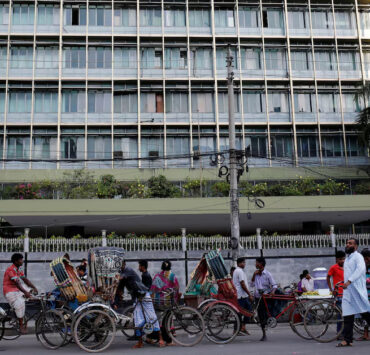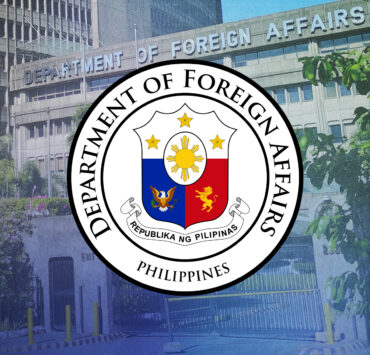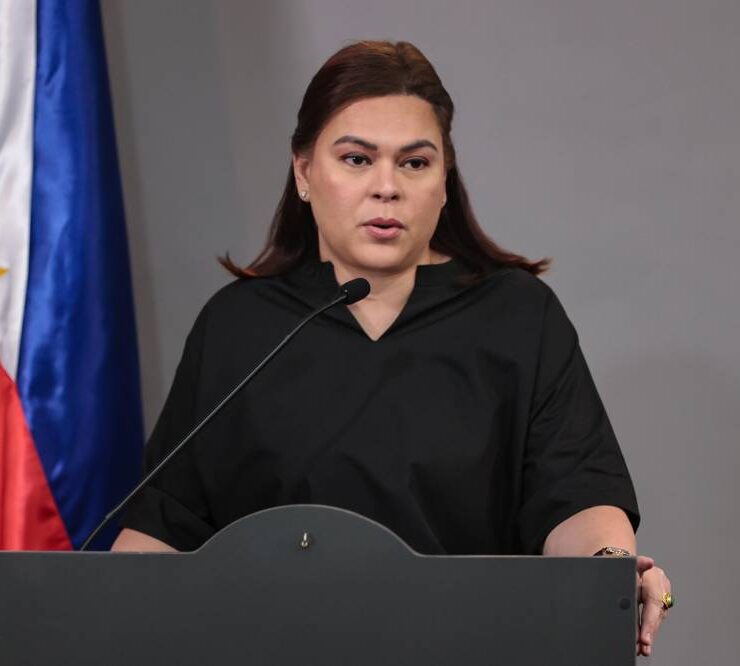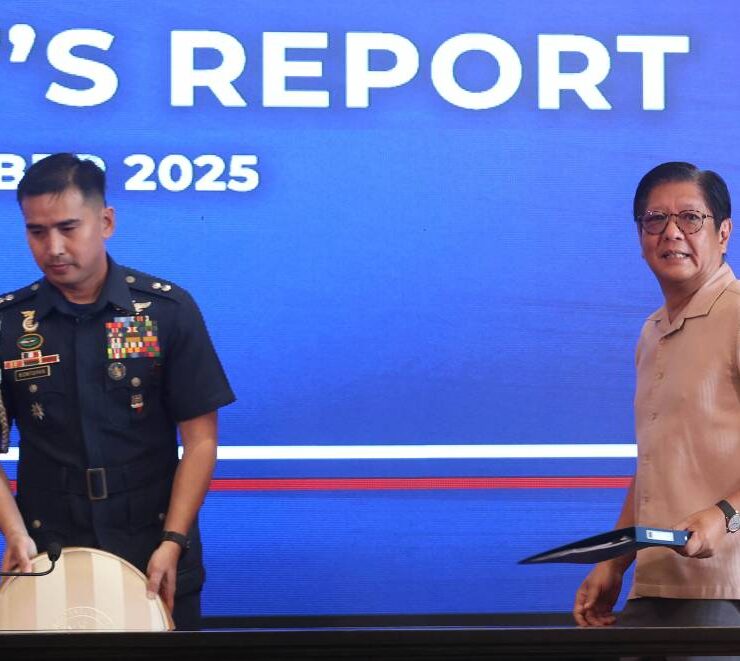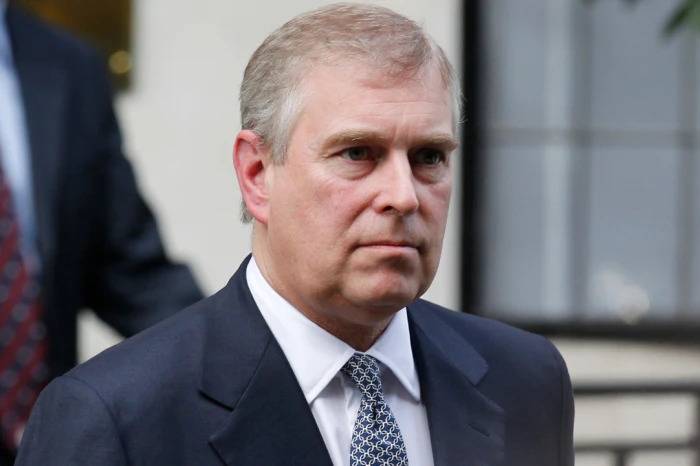SoKor lawmakers move to impeach Yoon over martial law decree
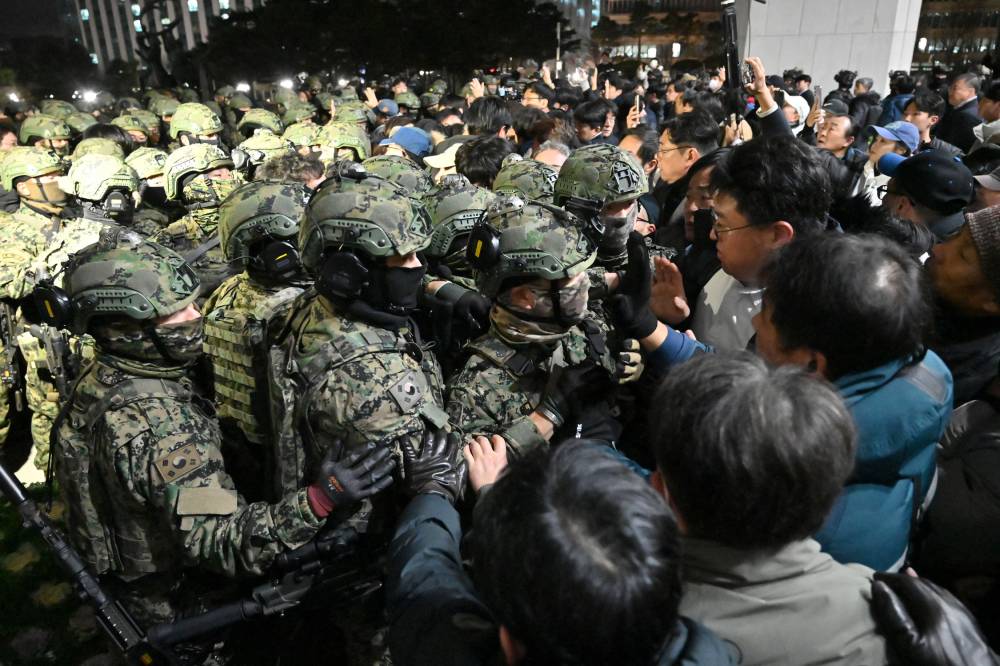
SEOUL—South Korea’s opposition parties submitted on Wednesday a motion to impeach President Yoon Suk-yeol over the shocking and short-lived martial law that drew heavily armed troops to encircle parliament before lawmakers climbed walls to reenter the building and unanimously voted to lift his order.
Impeaching Yoon would require the support of two-thirds of parliament and at least six justices of the nine-member Constitutional Court would have to support it to remove him from office.
The motion, submitted jointly by the main opposition Democratic Party and five smaller opposition parties, could be put to a vote as early as Friday.
Explain decision
“The parliament should focus on immediately suspending the president’s business to pass an impeachment bill soonest,” Hwang Un-ha, one of the members of parliament in the coalition, told reporters.
Ruling People Power Party chair Han Dong-hun also demanded that Yoon explain his decision, fire Defense Minister Kim Yong Hyun, who he said recommended the martial law decree to Yoon, and for the entire Cabinet to resign.
South Korean media reported that presidential advisers and secretaries for Yoon offered to resign and Yoon also put off his official schedule on Wednesday morning.
“President Yoon Suk-yeol’s martial law declaration was a clear violation of the Constitution. It didn’t abide by any requirements to declare it,” the Democratic Party said in a statement. “His martial law declaration was originally invalid and a grave violation of the Constitution. It was a grave act of rebellion and provides perfect grounds for his impeachment.”
“Even if martial law is lifted, he cannot avoid treason charges. It was clearly revealed to the entire nation that President Yoon could no longer run the country normally. He should step down,” senior Democratic Party member of parliament Park Chan-dae said in a statement.
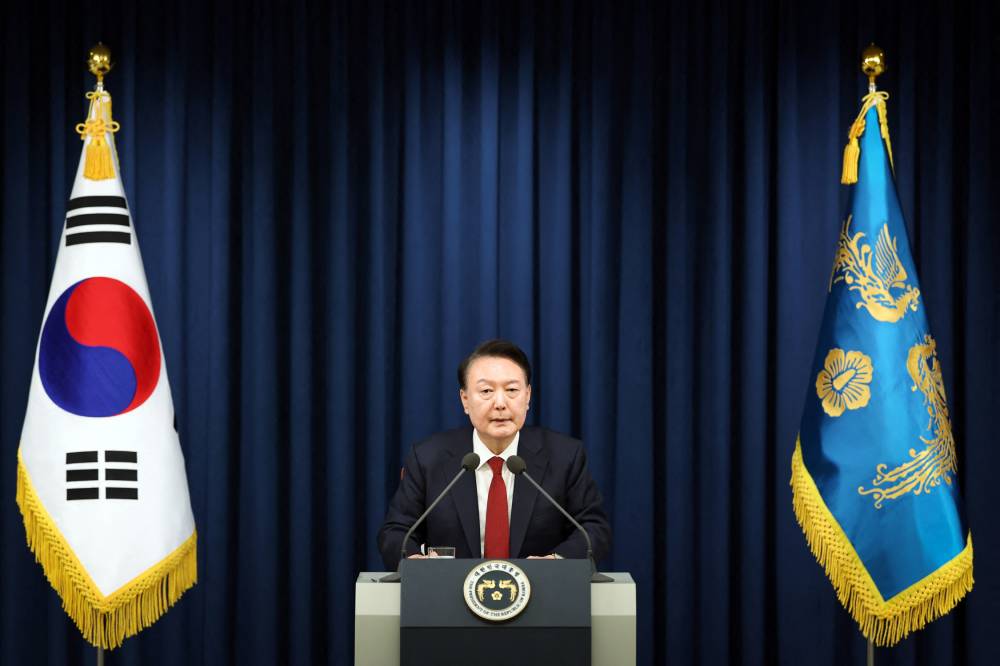
Impeachment process
Impeaching him would require support from 200 of the 300 members of parliament. The Democratic Party and other small opposition parties together have 192 seats. But when the parliament rejected Yoon’s martial law declaration in a 190-0 vote, about 10 lawmakers from Yoon’s ruling People Power Party cast ballots supporting the rejection, according to National Assembly officials.
If Yoon is impeached, he will be stripped of his constitutional powers until the Constitutional Court can rule on his fate. Prime Minister Han Duck-soo, the No. 2 position in the South Korean government, would take over his presidential responsibilities.
Under South Korea’s Constitution, the president can declare martial law during “wartime, war-like situations or other comparable national emergency states” that require the use of military force to restrict the freedom of the press, assembly and other rights to maintain order.
The Constitution also states that the president must oblige when the National Assembly demands the lifting of martial law with a majority vote.
There have been more than a dozen instances of martial law being declared since South Korea was established as a republic in 1948.
Backlash
The crisis in a country that has been a democracy since the 1980s, and is a US ally and major Asian economy, caused international alarm.
US Secretary of State Antony Blinken said he welcomed Yoon’s decision to rescind the martial law declaration.
South Korea hosts around 28,500 American troops as a legacy of the 1950-1953 Korean War.
Planned defense talks and joint military exercises between South Korea and the United States were postponed, the Yonhap news agency reported.
More protests were expected on Wednesday with South Korea’s largest union coalition, the Korean Confederation of Trade Unions, planning to hold a rally in Seoul and vowing to strike until Yoon resigns.
Surprise declaration
On Tuesday night, Yoon told the nation in a TV address that martial law was needed to defend the country from nuclear-armed North Korea and pro-North antistate forces, and protect its free constitutional order, although he cited no specific threats.
Yoon’s government and ruling party have been embroiled in an impasse with the Democratic Party over next year’s budget bill and a Democratic Party-led attempt to to impeach three top prosecutors.
During his televised announcement, Yoon also described the opposition as “shameless pro-North Korean antistate forces who are plundering the freedom and happiness of our citizens.” He did not elaborate.
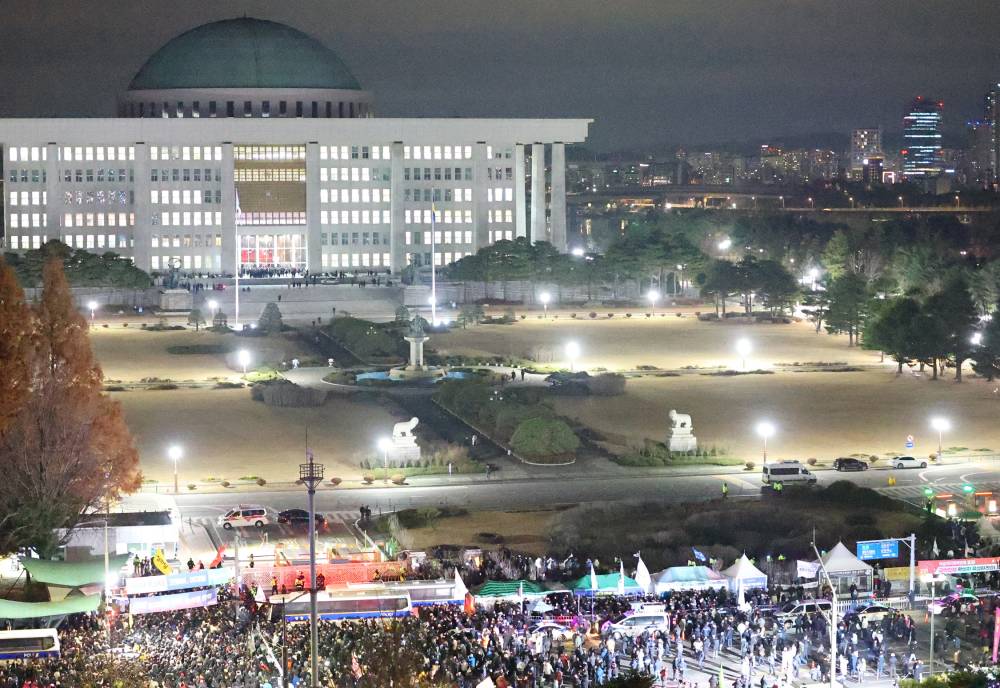
Unpopular leader
Chaotic scenes ensued as helmeted troops climbed into the parliament building through smashed windows and military helicopters hovered overhead. Parliamentary aides sprayed fire extinguishers to push the soldiers back, and protesters scuffled with police outside.
But within hours of the declaration, South Korea’s parliament, with 190 of its 300 members present, unanimously passed a motion requiring martial law be lifted. The president then rescinded the declaration.
Yoon, a career prosecutor, squeezed out a victory in the tightest presidential election in South Korean history in 2022, riding a wave of discontent over economic policy, scandals and gender wars.
But he has been unpopular, with his support ratings hovering at around 20 percent for months.
His People Power Party suffered a landslide defeat at a parliamentary election in April this year, ceding control of the unicameral assembly to opposition parties that captured nearly two-thirds of the seats.
Yoon’s martial law declaration, the first of its kind in more than 40 years, harkened to South Korea’s past military-backed governments when authorities occasionally proclaimed martial law and other decrees that allowed them to station combat soldiers, tanks and armored vehicles on streets or at public places, such as schools to prevent antigovernment demonstrations.
Such scenes of military intervention had not been seen since South Korea achieved a genuine democracy in the late 1980s until Tuesday night.














